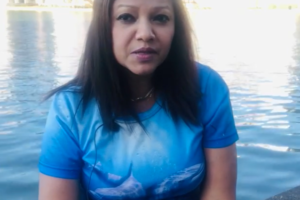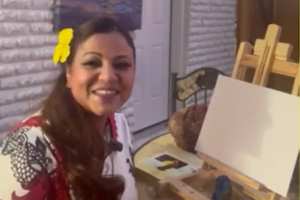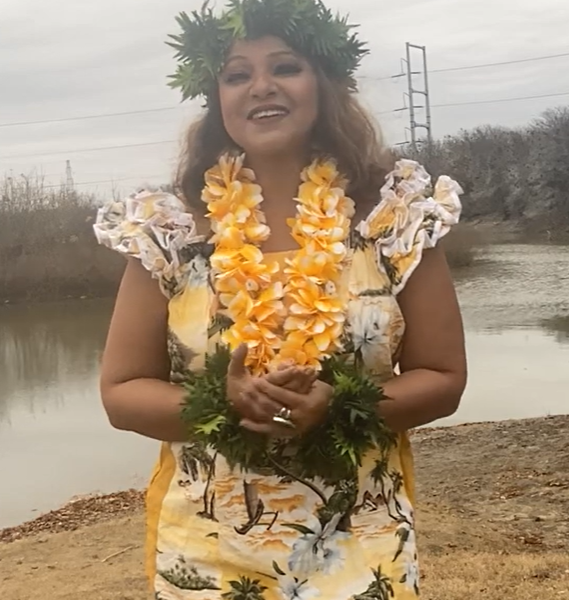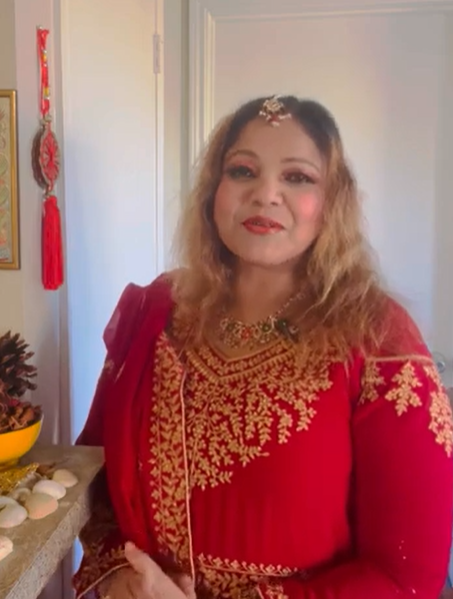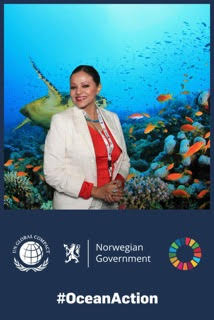Turkey said Friday that it would begin sending captured Islamic State militants to their home countries in 72 hours, part of an effort aimed at pressuring reluctant European states to take back citizens recruited by the violent extremist group.
“Now we are telling you that we are going to send them back to you,” the Turkish interior minister, Suleyman Soylu, said in announcing that the repatriations would start Monday. Turkey, he said, was “not a hotel” for Islamic State detainees from other countries.
He did not explain precisely how they would be returned or what would happen if their home countries would not accept them. It was also unclear how Turkey would be able to legally repatriate those whose citizenship has been nullified by their home countries.
Turkey has captured several hundred people affiliated with the Islamic State over the last month as its forces seized a pocket of territory in northeastern Syria, forcing Kurdish forces there to abandon several towns and at least one detention camp. Soylu told reporters that Turkey had captured 287 Islamic States members, including women and children, during the operation.
Many of the detainees come from Western Europe. Soylu has complained that in some cases European states have revoked the citizenship of suspected Islamic State members, making them stateless.
Most of the detainees were captured after having escaped from a detention camp at Ain Issa in Syria. They have been placed in a facility at al-Rai, in Turkish-controlled territory in northern Syria, he said.
Turkish-backed Syrian fighters made a swift advance toward Ain Issa at the beginning of Turkey’s operation, which began Oct 9. The fighters encountered 190 people, mostly women and children, who had escaped from the camp and taken shelter in nearby homes Oct 13. At first the fighters were fearful of such a large group, but they were unarmed and cooperated peacefully, Soylu said.
The fighters, members of the Ahrar al-Sharqiya militia, transported the women and children to the border town of Tel Abyad and held them temporarily in houses there, according to one of the militia members, who declined to be identified by name because he was not authorized to speak to the press. Among the detainees were people from Germany, an Irish woman and a British woman with a child, he said. The British woman had flu, and the fighters provided her with medicine, he said.
The issue of what to do with captured members of the Islamic State, which once controlled a vast swath of territory straddling Syria and Iraq, has long been one of the festering problems of the Syrian war.
President Recep Tayyip Erdogan of Turkey emphasized the importance of dealing with Islamic State prisoners on his return from a visit to Hungary on Friday.
“We are taking back Turkish citizens, their wives and children, who are identified as joining Daesh in Syria,” he told reporters, using the Arabic term for the Islamic State. “We impose a legal process against those with evidence of terror links. We prosecute them. As for the children, we involve all our relevant authorities to rehabilitate them to overcome the trauma they have been through.”
Turkey was also holding 1,201 Islamic States militants in jails and detention facilities, he said. They include several hundred Europeans, according to officials.
Among them are two Dutch-Moroccan women, who escaped from al-Hol camp in Syria, smuggled themselves with three small children into Turkey and turned up at the Dutch Embassy in Ankara. Dutch officials notified Turkish officials, who detained them, according to BBC Turkish, quoting a statement by the Dutch foreign minister, Stefan Blok.
Turkey has complained that the Dutch revoked the citizenship of one woman on the day that she was detained. Soylu said Britain has also revoked the citizenship of Islamic State members held by Turkey.
“Saying: ‘I will revoke their citizenship and you handle the rest,’ this is unacceptable for us,” he said. “This is irresponsibility. What shall I do with your terrorist?”
Turkish media have listed more than 1,000 Islamic State detainees in Syria, many of them women and children, as coming from France, Germany, Belgium, Holland, Sweden, Finland, Denmark, Britain, Italy and Austria.





